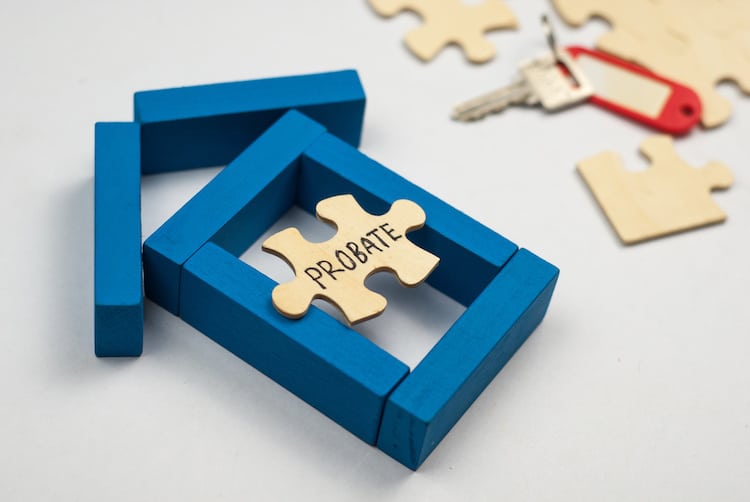
What Happens When Someone Dies without a Will?
What Happens When Someone Dies without a Will? If a California resident dies without a Will, the laws of intestate succession apply. This means the decedent’s estate will pass through probate court, and the court will distribute the assets according to state laws. However, this may be problematic. The decedent has no control over the distribution of their assets. The assets also may be tied up in the probate process for a long time.
Should you find yourself in a situation where a family member has died without a Will, it can be helpful to know what to expect.
A Note about Community Property and Separate Property
There is an important distinction for California residents between Community Property and Separate Property. California Family Code section 760 defines Community Property as “all property…acquired by a married person during the marriage.” Separate Property, on the other hand, typically is classified as “all property owned by the person before marriage” and “all property acquired by the person after marriage by gift, bequest, devise, or descent” per California Family Code section 770. This distinction may dictate and control who gets certain assets.
Some Examples
The California Probate Code sections 6400-6455 promulgate ways in which assets will be distributed when someone dies without a will or trust. Below are some common scenarios and how the assets would be distributed:
- Married with no children:
- All assets pass to the surviving spouse.
- Not married but with surviving children:
- All assets pass to the surviving children.
- If there are multiple children, the assets are split evenly among the children.
- If a grandchild survives a child, the grandchild inherits in place of the child.
- All assets pass to the surviving children.
- Married with children:
- Community property
- All community property passes to the spouse.
- Separate property
- If there is one child or grandchild (i.e., the grandchild survives the child), half of the separate property passes to the surviving spouse, and half passes to the child or grandchild.
- If there is more than one child or grandchild, two-thirds of the separate property passes to the children and 1/3 passes to the surviving spouse.
- Community property
- No surviving heirs or relatives:
- The decedent’s assets escheat to the state. This means the state receives the assets of the decedent.
The above examples are only a few of many possible scenarios that may arise with intestate succession. Scenarios involving multiple marriages, stepchildren, and large families may quickly add layers and complexity to the process of determining who is entitled to which assets.
While there are channels to follow through California’s intestate succession laws, we hope this blog illustrates the value of having an estate plan in place. No one likes to think about their mortality, but it is vital to plan for how you want your assets to be distributed. An estate plan allows you to do just this.
The Estate Planning team of attorneys at RJS LAW is ready to assist you no matter which stage you need help with. Please call us at (619) 595-1655 or fill out the contact form on the right side of the screen. We look forward to assisting you!
Written by Charles Ecker

Leave a Reply